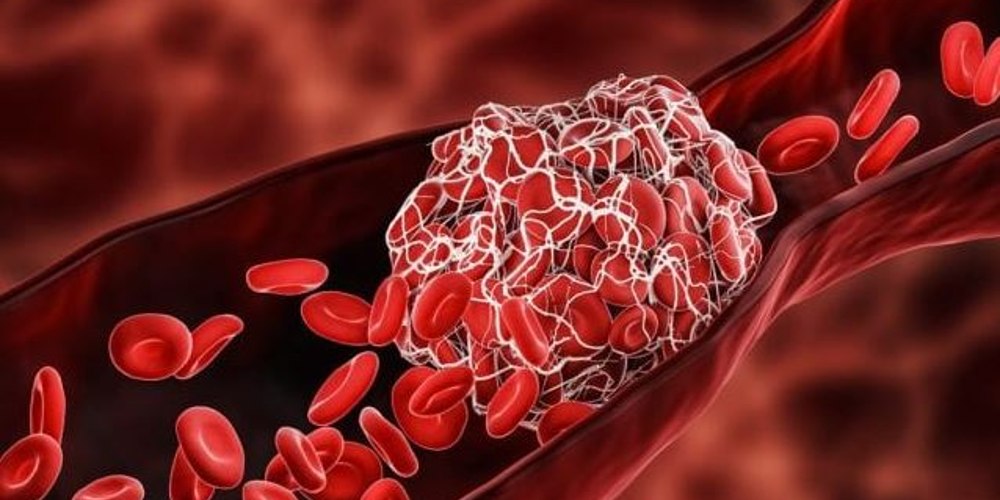(Natural News)—A recent pre-print study by a team of Japanese researchers has ignited a heated debate within the medical community, revealing serious risks associated with blood transfusions taken from individuals who have received COVID-19 vaccinations. The study highlights six key areas where COVID jabs destroy the continuity and biochemistry of human blood. The study has called into question the safety of using such blood in medical procedures.
According to the researchers, the COVID-19 vaccines — which have failed to stimulate a meaningful immune response to the SARS-CoV-2 virus — have unintended consequences that affect blood integrity. The team’s findings suggest that the vaccines can induce harmful changes in blood, which could pose risks not only to recipients of blood transfusions but also to those receiving organ transplants from vaccinated donors.
Six ways COVID vaccines cause blood damage:
- The study indicates that spike proteins, which the vaccines are designed to produce, can persist in the blood, and accumulate in various organs. These proteins have been linked to several toxic effects, including damage to red blood cells and platelet aggregation. The researchers recommend that blood products be purified to remove these harmful spike proteins.
- In some cases, the human immune system does not neutralize the spike proteins that are generated by the COVID-19 vaccines. Spike proteins that are not cleared by the body may lead to the formation of amyloid aggregates and microthrombi, or clusters of abnormal proteins and small blood clots. These aggregates are difficult to eliminate and can cause further health issues. Ensuring the removal of these aggregates from contaminated blood is crucial for patient safety.
- Repeated vaccinations may impair immune function, resulting in insufficient levels of immunoglobulins (antibodies). Blood donated from heavily-vaccinated individuals may provide inadequate levels of immunity to common infections due to immune imprinting or class switch to IgG4. This could potentially make blood from heavily-vaccinated individuals less effective in fighting infections, cancer, and may pose risks to those with weakened immune systems.
- The mRNA vaccines use lipid nanoparticles (LNPs) to deliver genetic material. The study suggests that LNPs and pseudouridinated mRNA may remain in the bloodstream longer than anticipated, which could lead to inflammatory reactions and unintended spike protein synthesis in various body tissues.
- The presence of aggregated red blood cells or platelets, another side effect of spike proteins, could increase the risk of blood clots and cardiovascular events if not properly addressed before transfusion.
- Long-term exposure to the vaccine’s spike protein might result in the generation of IgG4 antibodies and memory B cells, which could lead to chronic inflammation and immune dysfunction.
Unvaccinated blood is medically more valuable and should be the only blood used in transfusions
The researchers have called for an immediate review and overhaul of current practices regarding blood donations from vaccinated individuals. Their study highlights the urgent need for specific tests and regulations to address these serious risks.
“The health injuries caused by genetic vaccination are already extremely serious, and it is high time that countries and relevant organizations take concrete steps together to identify the risks and to control and resolve them,” the researchers wrote in their paper.
This research highlights a critical area of concern in the aftermath of the global vaccination experiment against COVID-19. As medical professionals and regulators realize what they have done to the future blood supply, the priority will be to ensure that blood and organ transplant practices are adapted to minimize potential risks and protect vulnerable patients. Unvaccinated blood should be regarded as pure, and be deemed medically more valuable than vaccinated blood. In fact, according to this study, unvaccinated blood should be the only blood used in blood transfusions.
Sources include:



